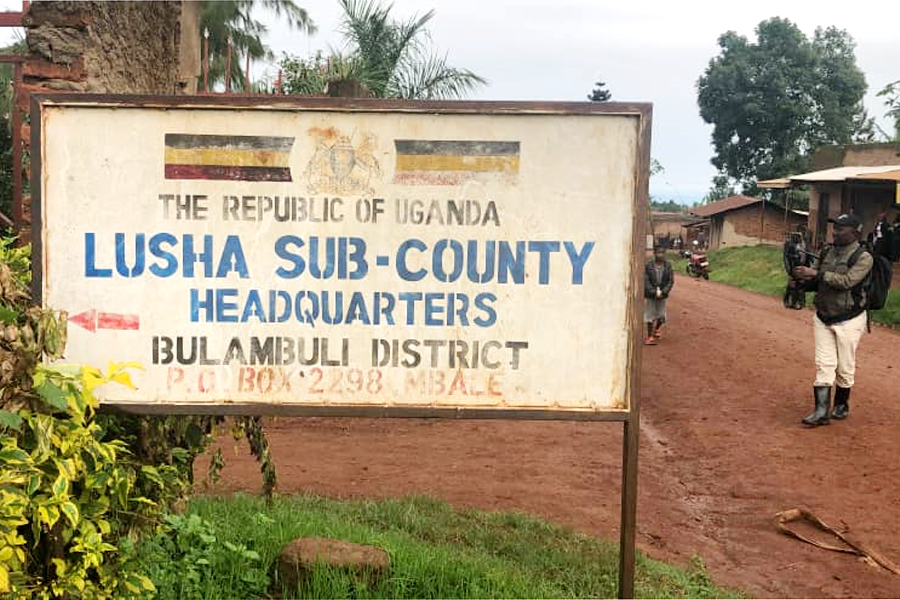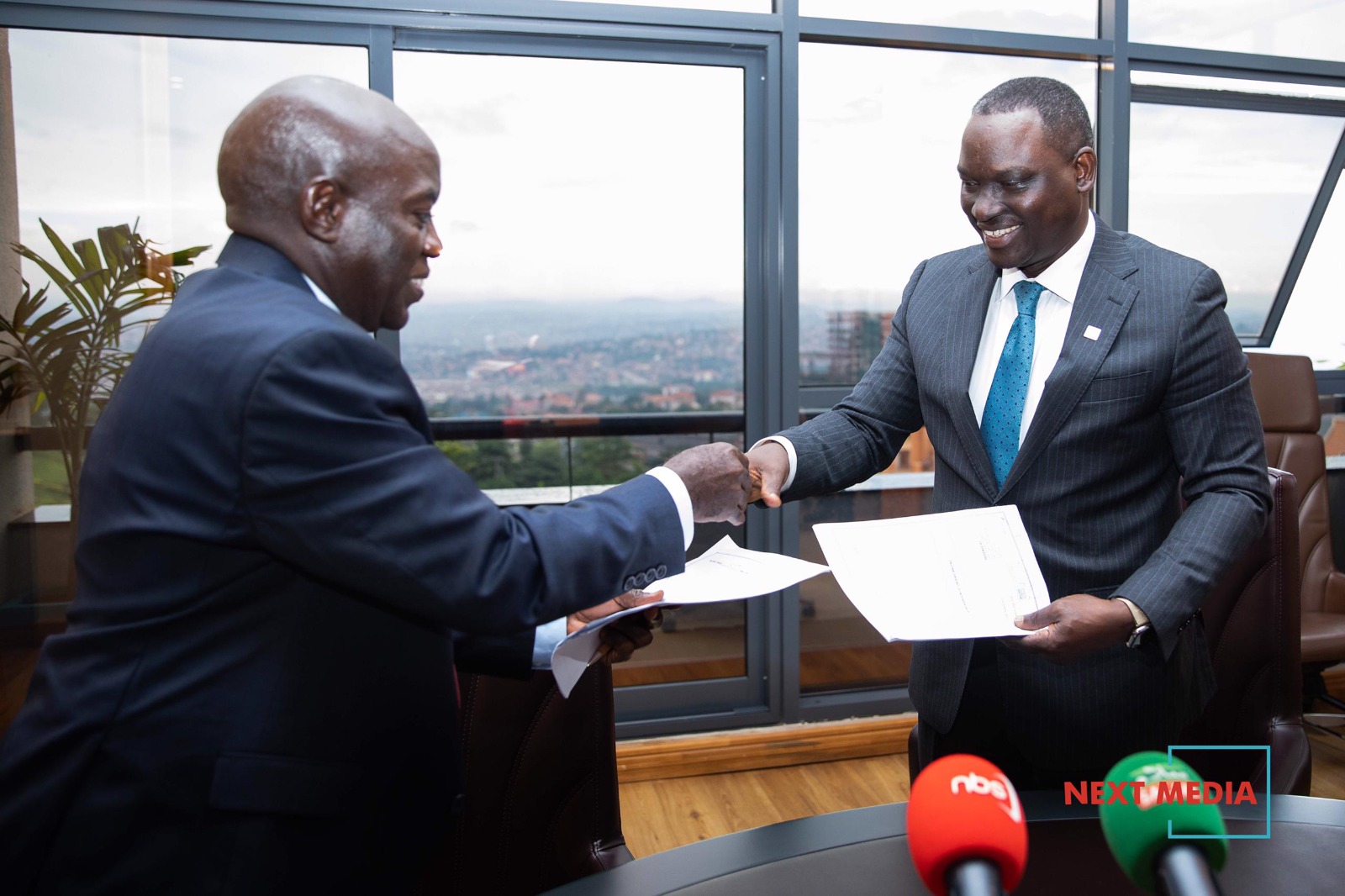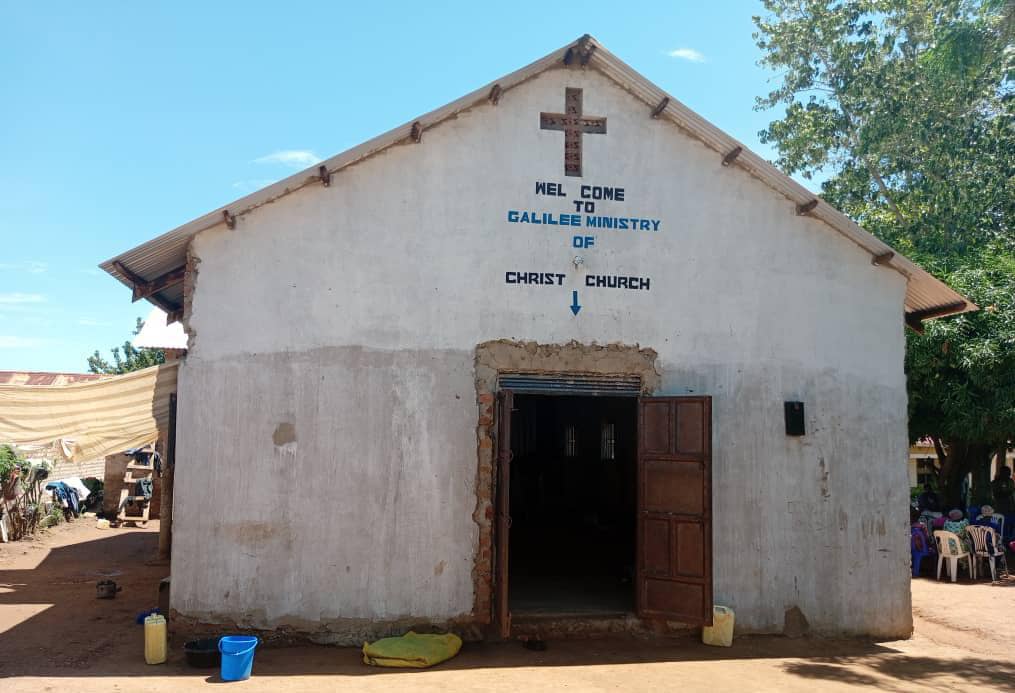Today in History: Idi Amin is overthrown, an excited Museveni exclaims “Now is my chance”
On April 11 1979, the combination armies of Tanzania and Ugandan exiles under the Uganda National Liberation Army (UNLA), wrapped up a six months’ war by capturing Kampala City (Kukombolewa Kampala), in the event overthrowing Idi Amin Dada.
The overthrow not only recorded history, for it was the very first time an African state (Tanzania) was capturing the capital city of another (Uganda) and disposing its government, but also brought new political players to the table, among whom included; A one Oyite Ojok, whose presidential chance was arguably thwarted by another man- Yoweri Museveni, thanks to their rivalry, which was also a result of this war.
Keep Reading
Amin had taken over power from Milton Obote in 1971 while the latter was attending a common wealth conference in Singapore. Obote would then fly to Bombay in India where he met Nyerere briefly, before landing in Nairobi.
Obote was never welcome in Nairobi as the Jomo Kenyatta government had already recognised the Amin government in Kampala. He was given a hotel and put under strict surveillance, but managed to find his way to Dar-Es-Salaam in Tanzania where he sought refugee with his colleagues.
Tanzania would soon become a hotbed of asylum seekers, collecting most of Ugandan exiles and indeed, a lot was brewing with the help of Nyerere to the disgust of Amin, who dedicated his entire eight years to provoking Nyerere and Tanzania into war.

In 1978, Amin then with a bruised relationship with his Vice President Mustapha Adrisi, suspected the latter of trying to assassinate him. A few days later, Adrisi was involved in a near fatal motor accident.
Soldiers loyal to Adrisi in retaliation attacked Amin while at the Presidential State Lodge in Kampala, but he escaped aboard the government chopper together with his family. Amin then revenged by sending troops after Adrisi’s men but they escaped into Tanzania, while Amin’s troops pursued them there and the war spilled into the neighbour’s courtyard.
The other theory is that a Ugandan soldier crossed into Tanzania to visit a lover but got into an altercation with Tanzania local guards and was shot dead. The soldier is said to have been a brother in-law of Lt Col Juma Ali Rokoni alias Butabika, a top commander in Amin’s army.
With pangs of revenge, Butabika attacked Tanzania through Mutukula and Minziro and telephoned Amin for reinforcements claiming Tanzania had attacked first. He was successful in annexing the Kagera region, where Ugandan soldiers mounted an assault on locals, looted shops of all merchandise and sexually fouled women.
In his book, Sowing The Mustard Seed, Museveni states thus: “On 3 November, Amin’s men eventually succeeded in blowing up the Kagera River Bridge at Kyaka, having lost several MiGs to Tanzanian anti-aircraft fire in the process…As the Tanzanian troops moved through the salient, they found grim evidence of its brief occupation by Amin’s thugs in the shape of decapitated and mutilated bodies of Tanzanian civilians.”
On Page 92, Museveni adds: “I think the main factor behind this invasion was the incapacity of Amin and his group. They must have merely been posturing: it could not have been that they underestimated the capacity of the Tanzanian army. Therefore, the explanation for this blunder must have been his Ignorance”
Nyerere silently regrouped, rising the army numbers from about 40,000 to 150,000 men. He finally briefed them in a few words summarised: “Tuko na Sababu, nia na Uwezo (We have the cause, will and means to fight back). Troops then started war on Amin's men with help of Ugandan commanders; Yoweri Museveni (FRONASA) and Oyite Ojok (KIKOSI MALUM).
The group captured Arua, the whole of Western Uganda. The East African flying school and also stationed long range missiles at Sisa in Entebbe to secure the airport and cut off Amin’s exit.
On April 8th, Amin was kicking his lack kicks, putting about 2000 soldiers to guard Kampala under the command of Israeli paratrooper Dusman Sabuni, but they were soon overrun by the rampant Tanzanian army and the latter flee to Kenya.
By April 10th, the UNLA and Tanzanian forces had captured Bank of Uganda, Nile Mansion, parliament, Post office and Kololo Hill which also housed Amin’s command post. Amin’s soldiers had retreated, others had turned themselves in, while others started a looting spree as they exited through Jinja with their Libyan allies.
“I saw them from the window of my staff quarters at Main Street, they entered bars and drunk everything, they broke bottles in the streets and shot without aim, looted everything in shops and drove away as fast as they could,” Kudoy Anthony, a retired teacher narrates.
On April 11, Oyite Ojok seized the opportunity to announce the fall of Amin on Radio Uganda, this heavily infuriated Museveni who had thought would land on the opportunity.
Ojok had been in the right place at the right time, when Tanzanians put him on gun point and asked the he announces the fall of the regime. He then telephoned Milton Obote in Tanzania and according to Timothy Kalyegira, scribbled the message on the back oF an envelope and took it through the Radio Uganda mics.
Museveni thought he would be president
Following the news of Amin invading Kagera region, Museveni was the happiest, knowing that indeed Amin had miscalculated his move and was headed for the fall which automatically would give him leeway.
In his book, Museveni claims that Amin’s blunder to attack Tanzania in October 1978 was a feeling of satisfaction about the future course of events and indeed: “Amin had played right into our hands,” he says.
Those who were close to Museveni during the time claim that following the invasion, he started movements to Kampala to infiltrate government and coordinate his people with the hope that he would come ahead of Obote who was neither wanted by the British, nor did he retain any popularity with the exiles or Ugandans back home.
One specific source is quoted to have said Museveni following Amin’s historical blunder exclaimed: “Now my chance to be the president of Uganda has come, unless I die before this ends.’
Museveni himself gives a hint in Sowing The Mustard Seed, when he writes thus: “Never since Amin’s coup in 1971 had I felt buoyant as I did on the day following the invasion. I knew that Amin was finished. I remember walking along State House Drive in Dar es Salaam, on my way to consult with Edward Sokoine, with a feeling of complete satisfaction about the future course of events.”
How then did Museveni fail to become president after Amin’s overthrow? Look out for the next series
The writer is a private contributor to Nile Post



















